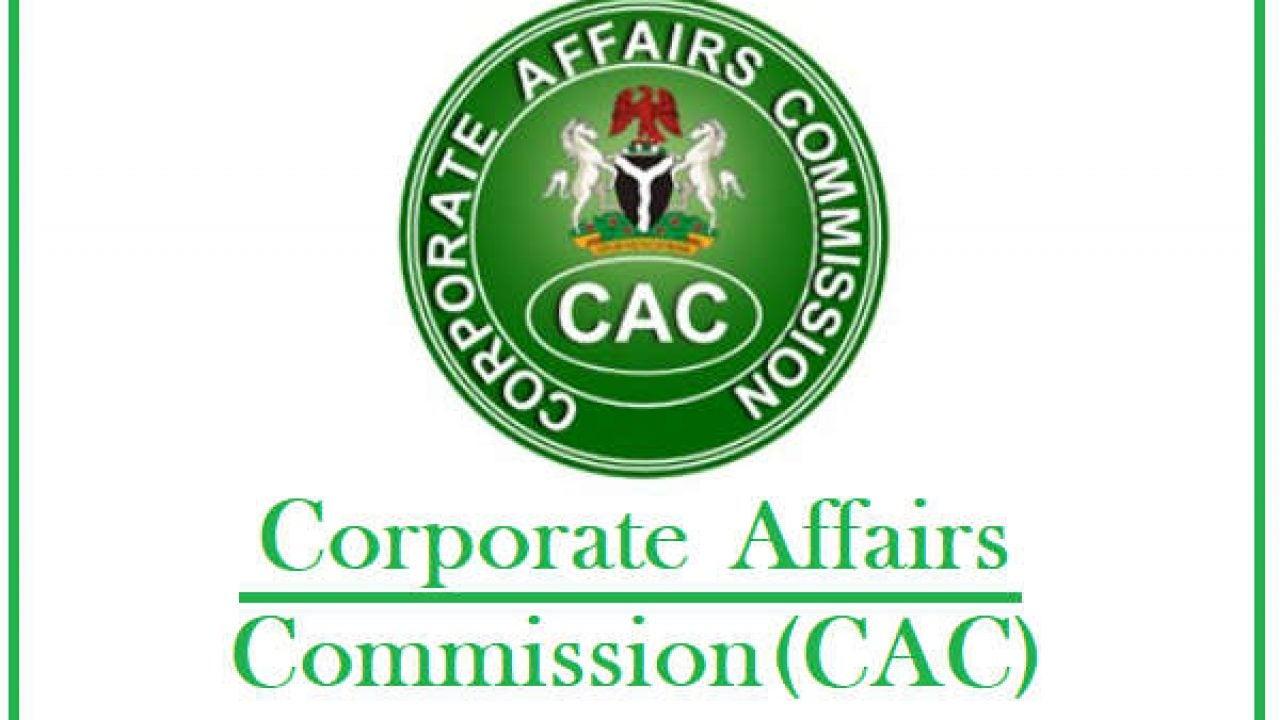- “In 2017 and Beyond, Consumers Will be Our Focus”
“Customer is King” is an age-old business mantra accentuating the importance of customers (and would-be customers) in every business.
Traditionally, this rule usually entails a company’s promise to provide good customer services to… well, the customers. But with the current evolution on work and business settings coupled with technological advancement, ‘customer is king’ means more than just good customer service.
Indeed, to any business, customer eccentricity is as important as product.
Today the markets are guided by the desire and satisfaction of customers. Customer eccentricity is extremely essential to a business, organisation and institution because without customers there won’t be business.
In most of the economic sectors of Nigeria, the consumers are still being treated with disdain, even in the telecoms sector, especially with poor services and several scam messages.
However, to correct these ills and place consumers at the forefront, the Nigerian Communications Commission (NCC) declared 2017 “The Year of the Nigerian Telecom Consumer.”
The programme, which started in Abuja, some months back, was recently brought to Nigeria’s commercial nerve centre, Lagos to underscore the importance of the state when it comes to telecommunication business.
Already, the NCC has informed the public on the huge spending on telecommunications services by the consumers.
The Executive Vice Chairman of NCC, Prof. Umar Danbatta, said within the last two years, telecommunications subscribers added about N11.9 billion to the Nigerian economy.
Specifically, Danbatta said consumers contributed N5.6 billion and N6.3 billion to the telecommunications industry in 2015 and 2016 respectively.
He also informed that the activities of the consumers, about 155 million of them, increased the contributions of the sector to the GDP from eight per cent to nine per cent in Q1, 2017.
Danbatta said the NCC 2017 Year of the Nigerian Telecom Consumer is remarkable because the telecommunication consumer is centre stage. “We must also remember that these consumers together have made all the success stories we speak about possible in the telecom industry today.
“Almost two months ago (March 15) NCC flagged off a national campaign of the Year of the Nigerian Telecom Consumer at its Headquarters in Abuja. Sixty days hence, I am glad; we can report some progress resulting in increase in the activation of the Do-Not-Disturb short code using the 2442 facility, by more than one million consumers in this short span. More subscribers reported their unresolved complaints using NCC’s 622 toll-free lines in the same period” he said.
Danbatta further disclosed that NCC consumer conversations are going on simultaneously every month in the six zones across the country
“In 2017, and even beyond, the consumer will be our focus. NCC intends to inform and educate the consumer with the sole intent of protecting and empowering them to make the right decisions.
The NCC boss said as a regulator, NCC has the mandate to ensure all its key stakeholders are protected and their interests balanced in an atmosphere of fairness, transparency and within the framework of the NCA 2003 and other subsidiary legislations. Almost one year ago the NCC launched an 8-Point Agenda.
The agenda, which will drive the NCC until 2020 aims, among other things, to facilitate broadband penetration; improve quality of service; optimize usage and benefits of spectrum; promote ICT innovation and investment opportunities; facilitate strategic collaboration and partnership; protect and empower consumers; promote fair competition and inclusive growth and ensure regulatory excellence and operational efficiency.
The leadership of NCC said the Year of the Consumer is focused on two key areas: improving the quality of service; protecting and educating the consumer. To address the unsolicited calls received by consumers, the NCC has introduced the ‘Do Not Disturb’ (DND) facility where consumers are urged to activate the facility by texting 2442.
There is also the 622 number for the NCC customer toll free complaint line. NCC intends to increase the awareness level and equally the activation level of these two initiatives.
“In its determination to ensure that the consumer experiences improved quality of service in the year and beyond, the commission is implementing measures to ensure drop call rate reduces and meets its industry benchmark of less than one per cent (<1% DCR) target. The commission is closely monitoring, tracking and reviewing the key performance indicators (KPIs) of operators by the Network Integrity and Technical Standards Department. Greater efforts would also be put in place for compliance monitoring and enforcement of set standards.
“The Commission will also enlighten consumers about the environmental impact of telecom infrastructure. As part of efforts to realize NCC 2017 Year of the Consumer, I have convened a meeting with MNOs and infrastructure providers to demand that the quality of services must be improved upon immediately. This is to ensure that the consumer gets value for money and gets satisfactory user experience.
“There are sanctions for failing to meet KPIs. NCC will not hesitate to enforce them and might consider making them even more stringent. NCC is mindful of the forex challenge faced by the telcos. We have intervened with the Central Bank of Nigeria (CBN). Already this intervention is beginning to yield some results. We are sure that in the not too distant future, the forex challenge will be addressed to the benefit of both the consumer and the operators,” Danbatta revealed.
Danbatta said that when the year is ended, the NCC should be able to measure the success and impact of this initiative by the level of awareness created among consumers and the number of consumers that have activated the 2442 facility. “It is my hope that the Nigerian telecom consumer would consistently get the right quality experience and value for money” he added.
The Executive Commissioner, stakeholder management, NCC, Sunday Dare, on his part noted that for the first time, NCC is singling out the consumer and dedicating a year of activities towards safeguarding the rights, protecting the interests, and empowering the consumer to make informed decisions – but above all, to place the consumer atop the stakeholder ladder of the NCC.
Dare noted: “For the Nigerian telecom consumer and indeed the Mobile Network Operators (MNOs), things have come almost full circle. They know each other and need each other. The NCC as a regulator stands like an impartial umpire, a referee engaging and monitoring to ensure the interests of all parties are respected. From a customer base of slightly over 400,000 in the height of NITEL’s glory, we now have a combined subscriber base of over 150 million across the country.
“This boom and massive jump in mobile telephony have brought with it several challenges especially in terms of reliable service, network upgrade, expansion and maintenance, and increasing demand for capital expenditure (capex) injection into the telecom industry.
“Continuous monitoring of Key Performance Indicators, KPIs, and benchmark is ongoing too on a quarterly basis to ensure that the quality of service does not deteriorate. On a continuous basis, NCC will seek to engage and explore ways to make consumer experience more satisfying within the Nigerian telecoms industry,” Dare said.
The MNOs present at the Lagos event have also keyed into the NCC’s vision, reiterating the fact that the customers’ remained the heart of the business.


 Billionaire Watch4 weeks ago
Billionaire Watch4 weeks ago


 Naira4 weeks ago
Naira4 weeks ago


 Naira3 weeks ago
Naira3 weeks ago




 Naira3 weeks ago
Naira3 weeks ago




 Naira3 weeks ago
Naira3 weeks ago




 Naira2 weeks ago
Naira2 weeks ago
 Commodities3 weeks ago
Commodities3 weeks ago


 Sport Business4 weeks ago
Sport Business4 weeks ago



















